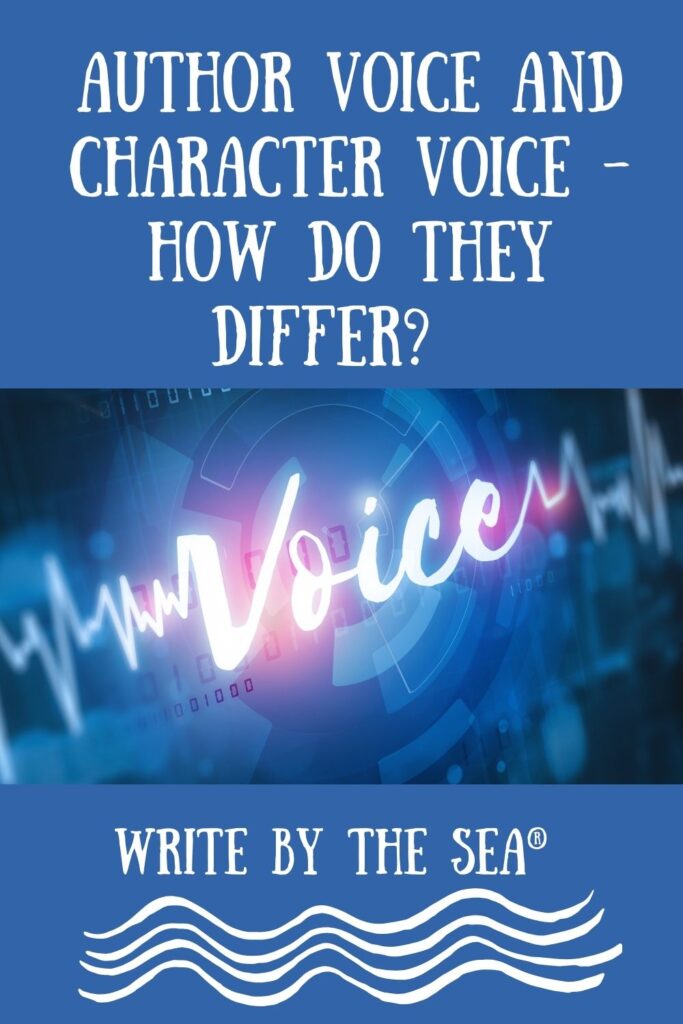
Writers are told to develop their author voice, then they are told their characters must have strong voices.
It can all get a bit confusing, yet the difference between author voice and character voice is important in literature.
What is Author Voice?
The author’s voice is the unique style, tone, and perspective that a writer uses in an article, essay, short story, or novel.
It shows the author’s personality, beliefs, and way of writing.
This voice stays mostly the same in different works by the same author, though it can change over time.
The author’s voice shapes the story, affecting how it’s told and the themes it explores.
For example, an author known for witty, satirical writing, like Mark Twain, will often keep that tone in many of their books, no matter what the characters sound like.
What is Character Voice?
Character voice, on the other hand, is how individual characters talk, think, and act.
It reflects their background, personality, and experiences.
This voice changes a lot within a single story, as each character has their own way of speaking.
The character’s voice helps to build their personality, making them believable and relatable, and it drives the dialogue and inner thoughts in the story.
For example, one character might speak in short, blunt sentences, showing a straightforward attitude, while another might use fancy, poetic language, showing a more thoughtful nature.
The main differences between author voice and character voice are in their scope, origin, consistency, and function.
Author voice covers the whole work and sometimes many works by the same author.
It comes from the author and stays the same across their books.
Character voice is just for individual characters and is created to fit them.
It changes a lot even in one story.
Author voice sets the overall tone and style of the story, while character voice makes the characters unique and real.
Knowing these differences helps in reading and writing because it gives a better understanding of how stories are made and how different parts of the narrative work together.
Oops! One More Voice – Narrator’s Voice
Author voice and narrator’s voice are distinct yet interconnected elements in literature.
Again, the author voice refers to the unique style, tone, and perspective that an author brings to their work.
It’s the author’s personal fingerprint that includes their choice of words, sentence structures, and thematic concerns that often span multiple works.
This voice can reflect the author’s personality, background, and worldview, creating a consistent feel across their body of work.
In contrast, the narrator’s voice is specific to the narrative of a particular story.
It is the voice that tells the story within the text, which can vary widely even within the works of a single author.
The narrator might be a character within the story, offering a first-person perspective, or an omniscient observer providing a third-person point of view.
The tone, style, and reliability of the narrator’s voice are crafted to suit the story being told, which may or may not align with the author’s personal voice.
While the author’s voice remains relatively stable across all their work, the narrator’s voice can change with each new story or even within a single story, depending on the needs of the plot and the characters involved.
Narrator voice is more like character voice than author voice.
While the author voice reflects the overall style, tone, and perspective of the author across all their works, the narrator voice is tied to the specific story being told.
Just like a character voice, the narrator voice can vary greatly depending on the narrative’s needs.
It can reflect the personality, background, and perspective of a specific character (in first-person narratives) or an objective or subjective tone suited to the story’s events and themes (in third-person narratives).
In essence, the narrator voice is crafted to serve the story, much like how a character’s voice serves their role within the narrative.
Here are some books that will help you develop your author voice, narrator voice, and character voices:
Writing on Empty: A Guide to Finding Your Voice – by Natalie Goldberg
Finding Your Voice: How to Put Personality into Your Writing – by Les Edgerton
Finding Your Writer’s Voice: A Guide to Creative Fiction – by Thaisa Frank and Dorothy Wall
Character Voice: Creating Unique and Memorable Characters – by M.L. Buchman
The Only Character Workbook You’ll Ever Need – by T.M. Holladay
Now, before you go, if you haven’t subscribed to The Morning Nudge, be sure to do that now, so you get our Law of Attraction Checklist for Writers and free access to our Private Resource Library for Writers, as well as a short email every weekday morning to help you manifest your writing dreams!





